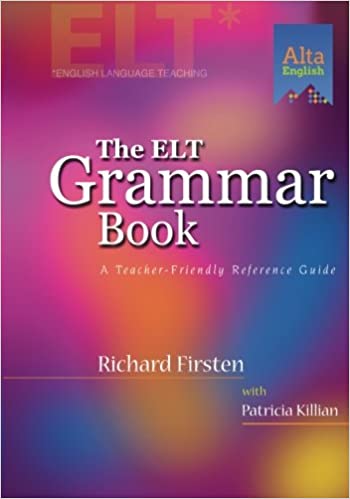Hey, everyone! Are you all ready to brush up on some important grammar? I bet you are so let’s go!
The Future Perfect is a slightly difficult tense in English but it is important to learn how to use it correctly.
Firstly, the Future Perfect tense is used to express the idea that something will happen before another action in the future.
Example:
She will have done her homework by the time Claire arrives.
It also shows that something will happen by a certain time in the future.
Example:
Kevin and I will have left by the time you get to the party.
We form the Future Perfect using “will have” + a past participle.
To form negative sentences, we use “will not have” (or “won’t have”) + a past participle.
Look at the following dialogue between Carol (C) and John (J) to see how it’s used:
C: I can’t believe that by April this year we will have been to twenty different countries.
J: I know. It’s crazy! We will have done so many different things and I’m sure we will have
met loads of new people too.
C: Will we have learnt any new languages by then?
J: No, I don’t think we will have learnt any new languages; we’re too lazy!
C: Speak for yourself!
As you can see in the above dialogue, the speakers are referring to a future time, in this case “April”, and they are discussing all the different things they will or might have done by that time.
To form questions in the future perfect, we place the auxiliary will at the front of the sentence, followed by the subject + have + a past participle.
Example:
Will we have learnt any new languages by then?
There are also some time expressions which are used with Future Perfect:
- By the time
- By (tomorrow/7 o’clock/next month, etc)
Look at some examples:
They will have finished dinner by 7 p.m.
They won’t have arrived by the time we arrive.
Kevin won’t have done his homework by the time the class starts.
******
Author Bio: This post was written by Brandon, a teacher from ABA English. ABA English–the American & British Academy–is an online academy specializing in teaching English with a unique learning methodology based on the principles of natural learning methods. ABA English teaches you English through short films that take place in real-life situations with 144 free video classes. Go to ABA English and start improving your English with your free 144 video classes.






Leave a Reply